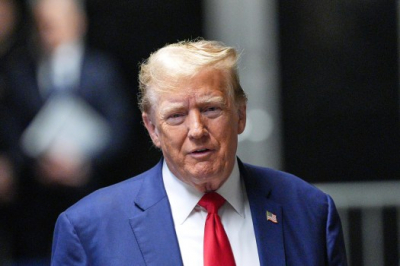Delving into the Nuances and Rewards of a Challenging Narrative
As a seasoned journalist with a decade of experience navigating the intricate world of cinema, I've often encountered films that leave a lasting imprint on the viewer's psyche. "War for the Planet of the Apes" undoubtedly falls into this category, offering an experience that is both arduous and enriching. In this exploration, we embark on a journey to uncover the layers of depth within this cinematic masterpiece, understanding why it remains a difficult yet rewarding watch.
From its inception, the "Planet of the Apes" franchise has captivated audiences with its thought-provoking themes and compelling narratives. However, "War for the Planet of the Apes" transcends the boundaries of traditional blockbuster entertainment, emerging as a poignant commentary on humanity, morality, and the complexities of conflict.
At its core, the film is a testament to the power of storytelling as a vehicle for introspection and social commentary. Director Matt Reeves masterfully crafts a narrative that challenges viewers to confront their preconceptions and delve into the grey areas of morality. Through the lens of a world ravaged by war between humans and apes, we are forced to question our own values and the consequences of our actions.
One of the most striking aspects of "War for the Planet of the Apes" is its portrayal of characters who defy traditional archetypes. Caesar, the film's protagonist, is not merely a heroic figure but a complex individual burdened by the weight of leadership and the moral ambiguity of war. His journey becomes a microcosm of the larger themes explored throughout the film, as he grapples with his own humanity while navigating a world consumed by violence.
Furthermore, the film's visual aesthetics and technical achievements are nothing short of breathtaking. The seamless integration of cutting-edge visual effects with emotive performances from the cast elevates the storytelling to new heights. Every frame is meticulously crafted to evoke a visceral response from the audience, immersing them in the bleak yet beautiful world of the film.
However, it is perhaps the film's emotional resonance that truly sets it apart. "War for the Planet of the Apes" is not merely a spectacle of cinematic prowess but a deeply moving exploration of the human condition. Through its portrayal of loss, redemption, and the bonds that unite us, the film transcends the confines of its genre, leaving a lasting impact on those who experience it.
In conclusion, "War for the Planet of the Apes" stands as a testament to the transformative power of cinema. It challenges us to confront our own humanity and explore the complexities of the world around us. While it may be a difficult watch at times, the rewards it offers are immeasurable, leaving an indelible mark on the hearts and minds of its audience.
In conclusion, "War for the Planet of the Apes" is not just a film; it's an immersive cinematic experience that transcends the boundaries of traditional storytelling. Through its exploration of complex themes, nuanced characters, and breathtaking visual aesthetics, it invites audiences on a journey of introspection and reflection.
As a journalist with a decade of experience, I've encountered countless films, but few have left as profound an impact as this one. Its ability to provoke thought, evoke emotion, and challenge societal norms is a testament to the power of cinema as a medium for change.
While "War for the Planet of the Apes" may not be an easy watch, its rewards are plentiful for those willing to engage with its narrative. It reminds us of the importance of empathy, understanding, and the consequences of our actions in a world fraught with conflict and division.
Ultimately, this film serves as a reminder of the transformative potential of storytelling and its ability to inspire meaningful dialogue and introspection. As we navigate the complexities of our own world, "War for the Planet of the Apes" stands as a beacon of hope, urging us to strive for a better tomorrow, one where empathy and compassion prevail over fear and hostility.






